So, you’ve probably heard about Voodoo, right? Those dolls with pins and spooky curses? You might’ve seen a thing or two in the movies. But did you know there’s a world of difference between what Hollywood shows us and the authentic Haitian Vodou? Let’s delve into the mystic world of Vodou and compare it to the Western stereotypes of Voodoo.
Haiti’s Spiritual Practice: Vodou
When you hear the word ‘Vodou’, what comes to mind? Mysterious rituals, spirits, and perhaps Hollywood’s sensationalism, right? But Haiti’s Vodou, often spelled ‘Voodoo’ elsewhere, is a deeply rooted spiritual practice intrinsically woven into the fabric of Haitian culture. It’s not the spooky plot device you’ve seen on the silver screen; it’s a rich religion full of history, symbolism, and community.
The Essence of Vodou
Vodou emerged in Haiti during the colonial era when West African slaves blended their traditional beliefs with the Roman Catholicism imposed by French colonists. This syncretic religion reflects the struggle and resilience of the slaves, encapsulating their hopes, fears, and aspirations. The word ‘Vodou’ itself is derived from the Fon language of Dahomey (now Benin) and means ‘spirit’ or ‘deity’.
Vodou is a community-centric faith that emphasizes the connection between the living and the spirit world. It is guided by a multitude of spirits known as the ‘Loa’ or ‘Lwa’, each with their own distinct identities, personalities, and domains that often correspond to natural forces or human endeavors. These spirits are honored through ceremonies that involve music, dance, and offerings, creating a vibrant tapestry of communal worship and celebration.
The Haitian Vodou Religion
Let’s get a little deeper here. In Haitian Vodou, the spiritual life is intertwined with the everyday. People honor the Lwa through ceremonies, dance, and song — it’s a vibrant, living practice. It’s about community, healing, and guidance. There’s a profound respect for the divine and the natural world.
What is Voodoo?
Internationally, ‘Voodoo’ tends to be the catch-all term to describe several related spiritual practices across West Africa, the Caribbean, and the American South. Each of these practices, though stemming from similar African roots, has evolved differently based on historical, cultural, and geographical factors. The Hollywood depiction of Voodoo has been a source of myths and misconceptions, often focusing on sensational aspects like curses and Voodoo dolls, which are not central to the practice of Haitian Vodou.
In reality, Voodoo as a variety of spiritual expressions including those in Louisiana, Haiti, and parts of West Africa, is more about healing and balance. Practitioners seek to live harmoniously with the Loa, the spirits who can offer guidance, protection, and insight into life’s challenges. Rituals and ceremonies in Vodou are led by priests (Houngan) and priestesses (Mambo) and can invoke the Loa to offer advice, healing, or help in various aspects of life.
To truly understand Vodou, one must look past the superficial and often negative stereotypes portrayed in pop culture. Haiti’s spiritual system is complex, rich, and deserving of respect. It is an integral part of the country’s past and present, offering a unique lens through which we can understand the worldviews, resilience, and identity of the Haitian people. Let’s approach Vodou with an open mind and heart, ready to learn about the true depth and vibrancy this ancient practice holds.
Vodou Haitian: The Cultural Significance
In Haiti, Vodou is more than a belief system; it’s an anchor for identity. The rhythms of drumbeats, the swirl of dance, and the potency of the art — all this richness springs from the well of Vodou. It fuses the spiritual and the artistic, creating a tapestry that is uniquely Haitian.
Western Voodoo: Interpretations and Representations
Over to the West, and things get a bit more tangled. ‘Voodoo’, as Western media depicts it, is often cloaked in mystery, horror, and exoticism. The silver screen has turned it into a go-to ingredient for a spooky storyline, with sacrificial altars and zombies. From ‘The Serpent and the Rainbow’ to ‘Pirates of the Caribbean’, it’s spiced up plotlines but also skewed perceptions.
Voodoo Dolls: Myth Versus Reality
Ah, the Voodoo doll — a pop culture staple, but widely misunderstood. In reality, the use of dolls in Haitian Vodou is not about casting spells on enemies but rather about healing and protection in certain Vodou rituals. They aren’t about harm; they’re about connecting to the spiritual realm.
Is Voodoo Real?
So, after all the hype, does Voodoo really exist? Absolutely. The practices and traditions are very real for the communities that practice them. Whether in Haiti, New Orleans, or across the African diaspora, these spiritual customs are alive, meaningful, and rooted in longstanding traditions.
Voodooism in Haiti Compared to Western Voodoo
When we line up Haitian Vodou and Westernized Voodoo side by side, the contrasts are stark. Where Vodou is a religion steeped in history and community, Western Voodoo often comes off as a sensationalized, commercialized caricature. It’s vital to recognize this gap to appreciate the true essence of Vodou.
Voodoo on the Big Screen
Hollywood loves a good scare, and Voodoo has often been their go-to. From the early depictions in films like ‘White Zombie’ to the hoodoo-centric ‘The Skeleton Key’, Voodoo is often painted with a dark brush. ‘Live and Let Die’, the James Bond flick, goes full tilt with Baron Samedi, the top-hatted, skeletal figure often associated with death in Haitian Vodou. But remember, these are slices of drama designed to thrill and chill, not to educate.
The Subtle Shades of Voodoo in Literature
In literature, Voodoo gets a bit more nuanced sometimes. Take for example, Isabel Allende’s ‘Island Beneath the Sea’, which explores the life of a slave in Saint-Domingue, the island steeped in Vodou tradition. Or ‘Tell My Horse’ by the anthropologist Zora Neale Hurston, provides a more respectful and studied view of Haitian Vodou and Jamaican obeah. Literature can be a gateway to deeper understanding, provided it’s penned with respect.
Voodoo and Vodou: The Languages of Spirituality
Voodoo and Vodou may share some linguistic roots, but the terms embody different realities. ‘Voodoo’ has become a catch-all phrase in the West, often stripped of its original meaning, while ‘Vodou’ remains deeply connected to Haitian life and spirituality.
As we wrap up this mystical ride, it’s crucial to remember that Haitian Vodou and the Voodoo culture viewed in the West are two very different creatures. To truly understand Vodou, we must set aside the shallow interpretations and lean into learning about its rich, spiritual depth that guides and nurtures the lives of many. It’s a fascinating world that deserves respect and an open heart. So the next time you hear someone mention Voodoo, think twice and remember the vibrant and profound tradition of Haitian Vodou.

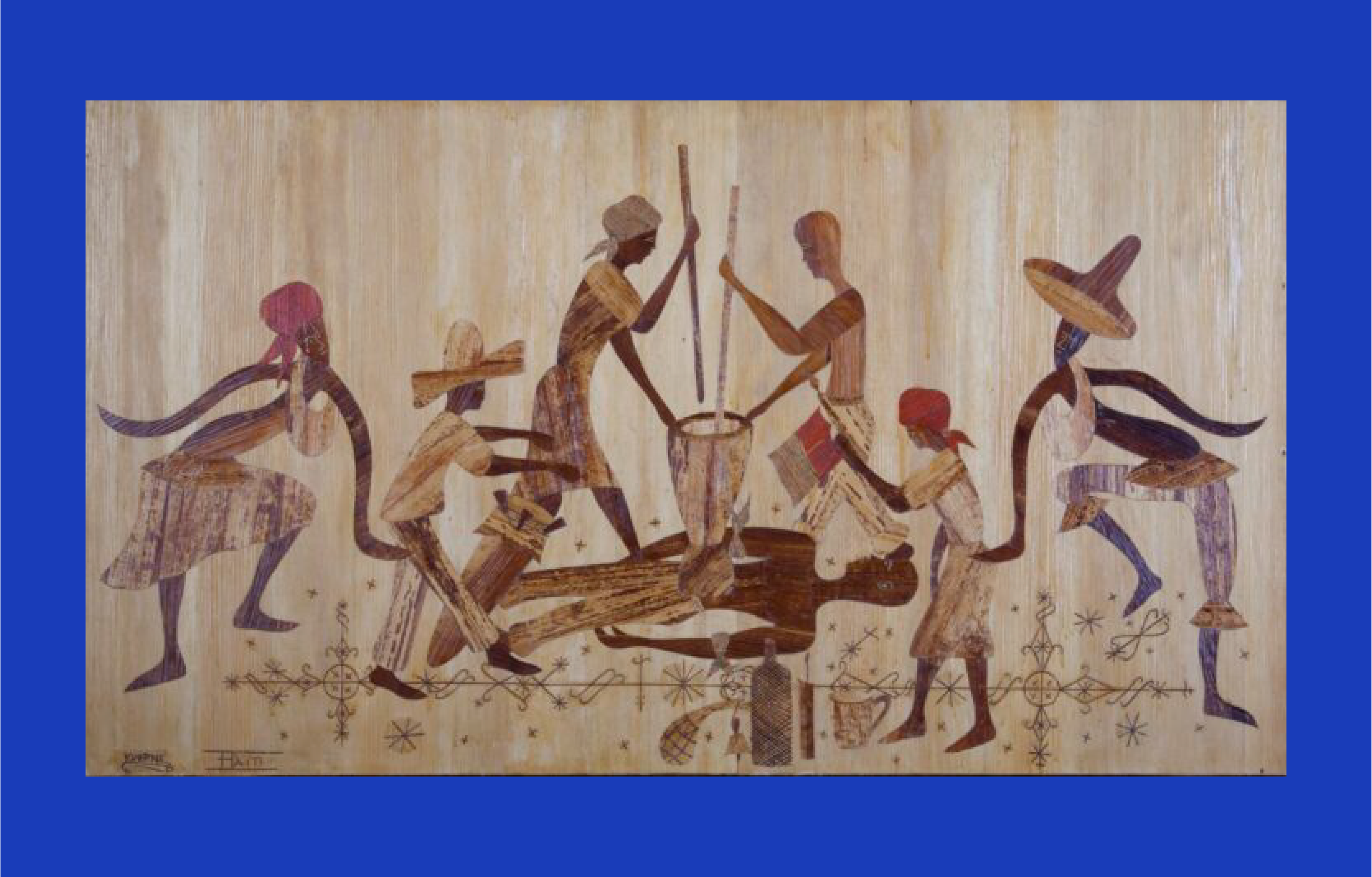

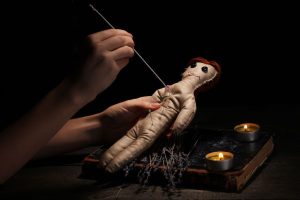


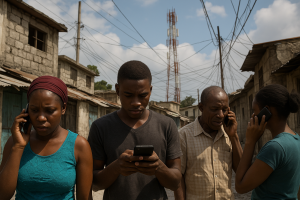

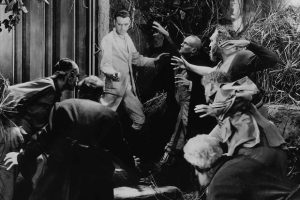



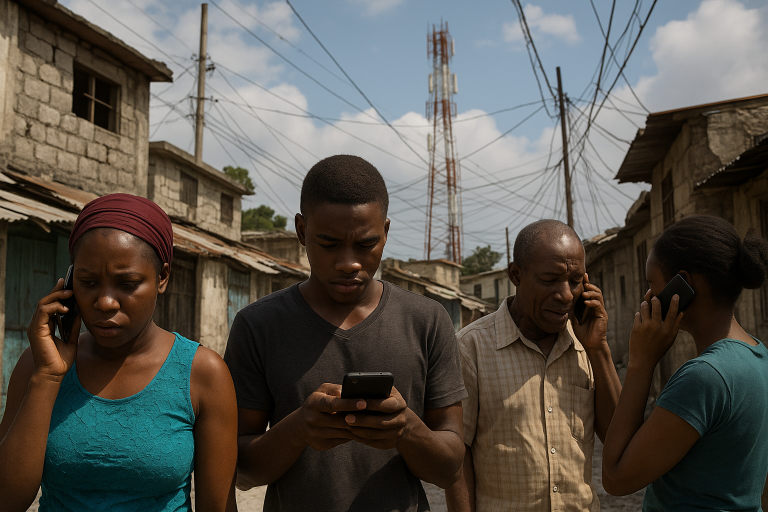
Add a comment